Weekly Newsletter
Curated articles every weekApplied Sports Science Weekly Digest #392
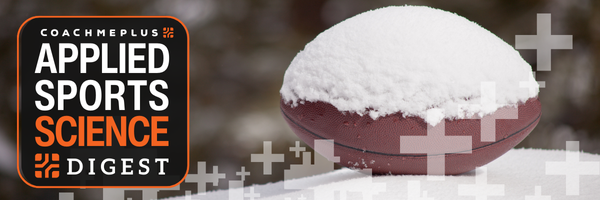
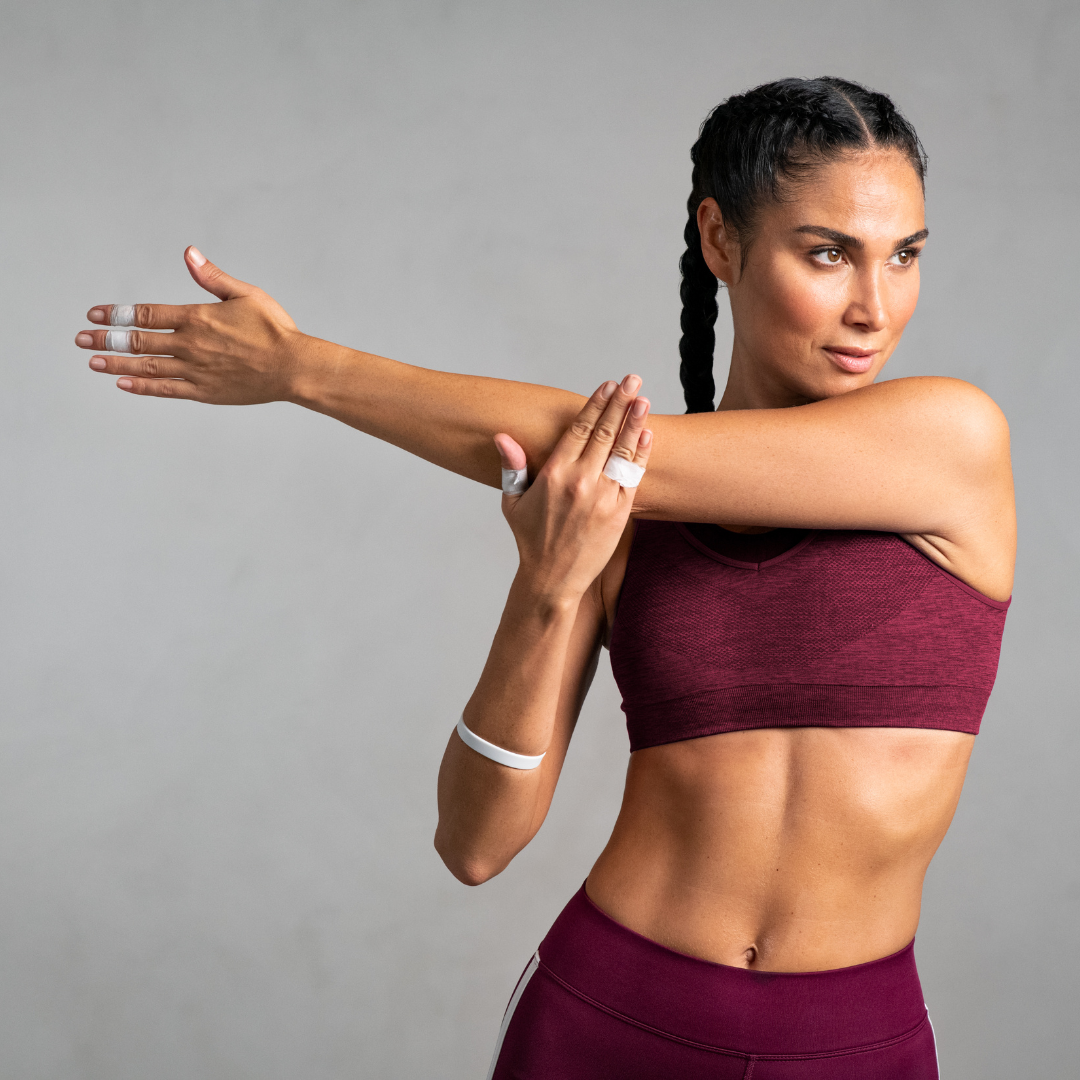
Frontiers in Sports and Active Living | February 2025
Power in the flow: how menstrual experiences shape women’s strength training performance
“The results also stress that performance fluctuations across the MC are unique, further emphasizing the inability to recommend general phase-based exercise protocols.“
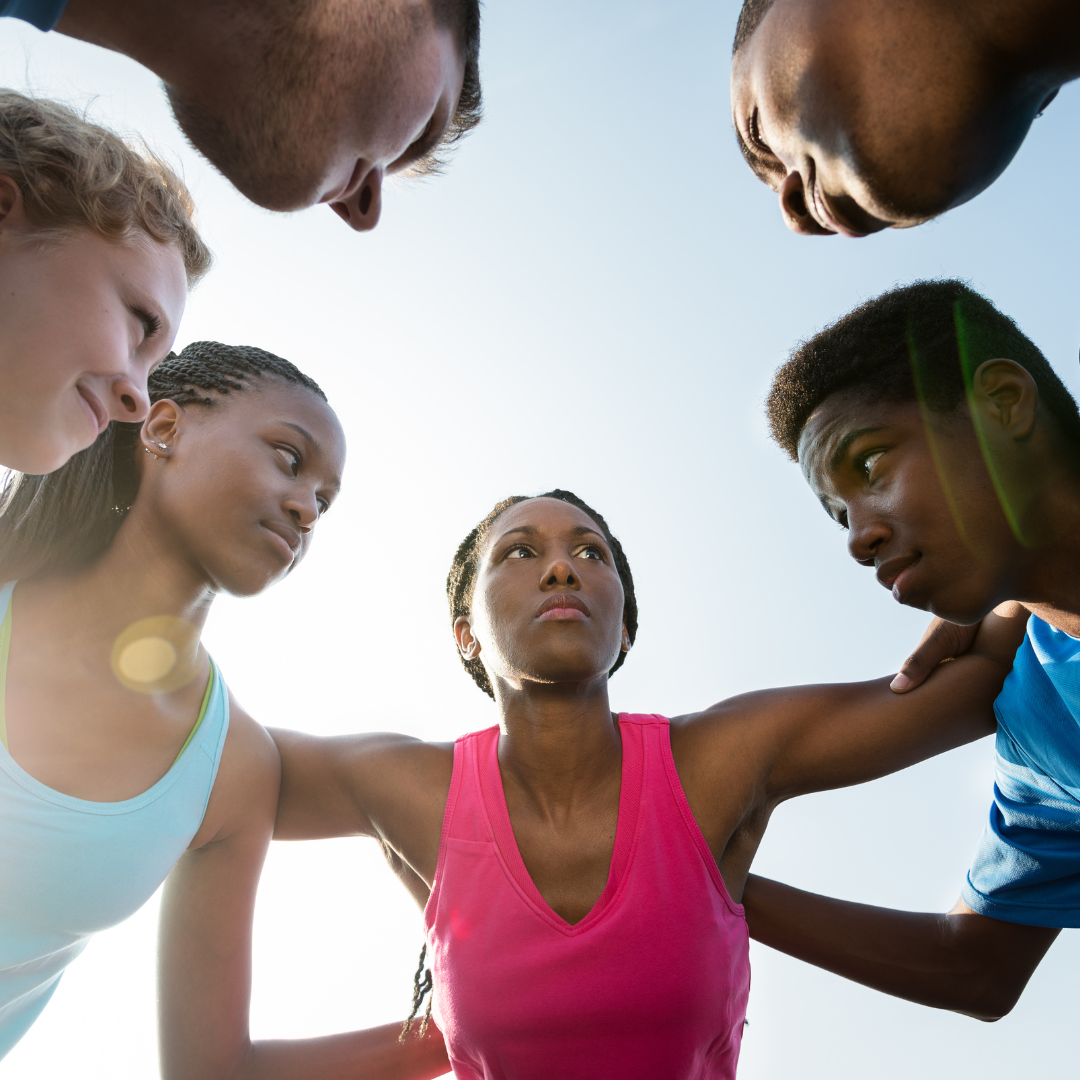
Frontiers in Sports and Active Living | February 2025
Emotional intelligence training in health students: a pilot study
“Results showed a significant increase in emotion expression, emotion identification, stress management, emotional management, emotional abilities, sociability and emotional intelligence.“

Frontiers in Sports and Active Living | February 2025
Pupils’ participation roles in school-based physical activity in the context of physically active learning and recess: experiences from Norwegian and Estonian primary and secondary school pupils
“Using Hart’s Ladder of Children’s Participation as a theoretical lens, the study revealed age and context-specific disparities in pupils’ participation roles in school-based physical activity.“
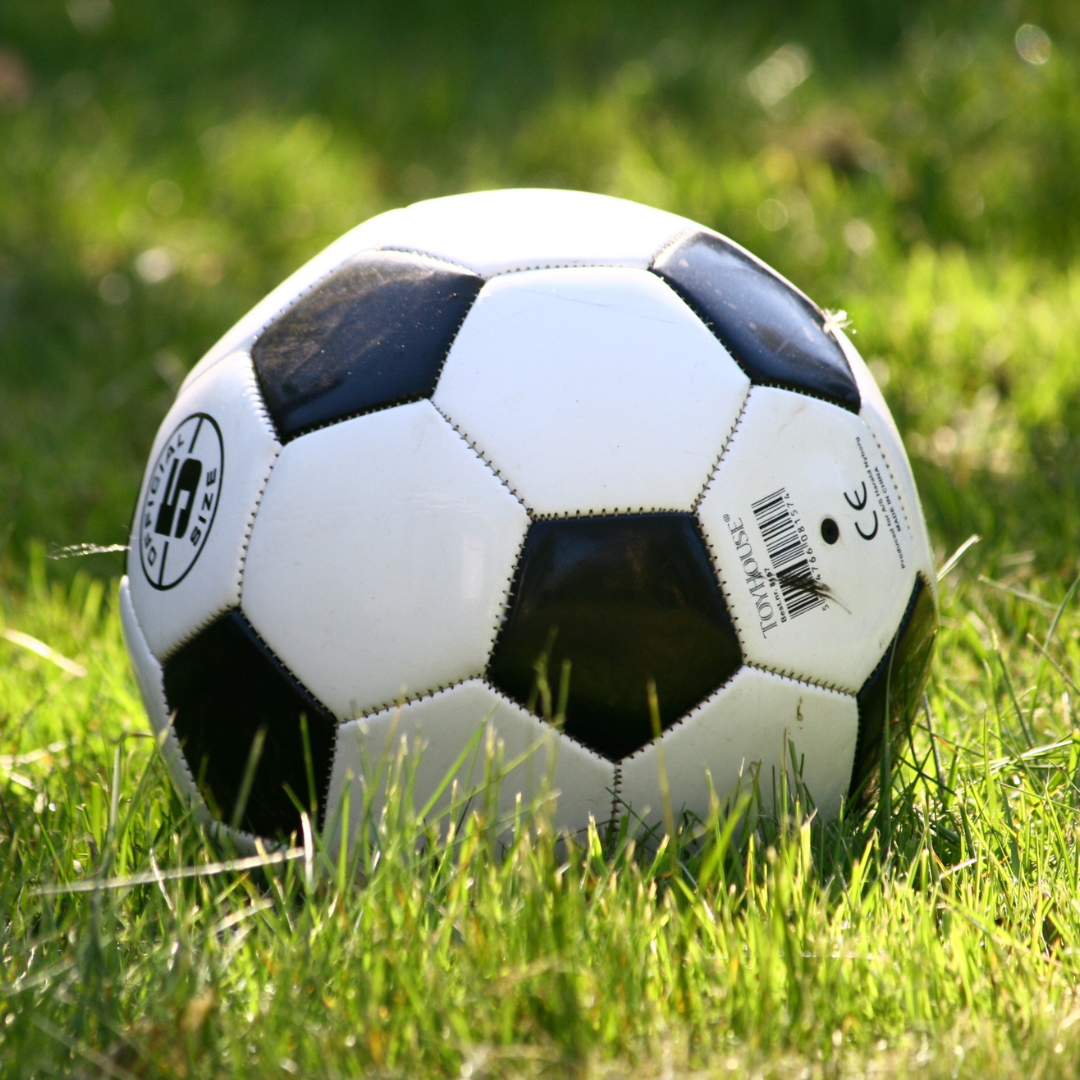
Frontiers in Sports and Active Living | February 2025
Relative age effects in European soccer: their association with contextual factors, impact on youth national teams’ performance, and presence at the senior level
“The findings presented the focus on youth success, the increased talent pool size, and the competition for selection interact to reiterate RAEs’ prevalence in European soccer.“
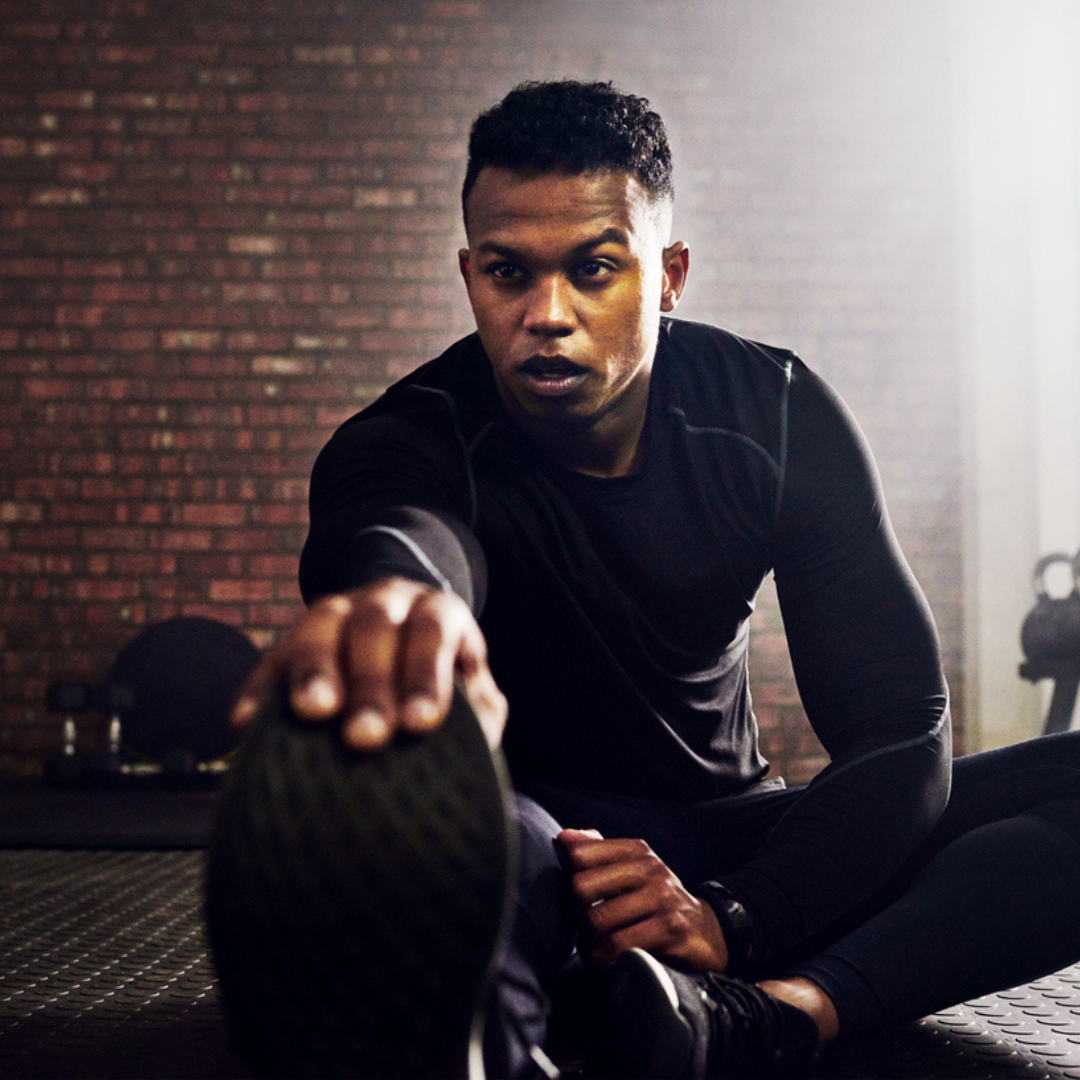
CoachMePlus SportLab | February 2025
Injury Prevention and Rehabilitation
“Preventing injuries and ensuring effective rehabilitation when they occur is crucial for maintaining peak performance and prolonging athletic careers.”
Newsletter History
Applied Sports Science Weekly Digest #388
Frontiers in Sports and Active Living | January 2025Accuracy of smartwatches in predicting distance running performance "This study confirmed that the smartwatch exhibits high precision in predicting 5 km, 10 km, and half marathon performances, with an accuracy...
Applied Sports Science Weekly Digest #387
Frontiers in Sports and Active Living | January 2025Efficacy of a new treatment algorithm for capsulitis of the fingers in rock climbers "Although finger joint capsulitis has been described among the most frequent injuries in climbers, no clinical studies on treatment...
Applied Sports Science Weekly Digest #386
Frontiers in Sports and Active Living | December 2024Peculiarities of cardio-respiratory relationships in qualified athletes with different types of heart rhythm regulation according to respiratory maneuver data"The use of a respiratory maneuver in a combined study of...
Research Articles
Suggested articles for further readingBODY COMPOSITION
Jackson, A and Pollock, M. Generalized equations for predicting body density of men. British Journal of Nutrition. 1978;40:497-504. Abstract
Siri, W. Body composition from fluid space and density. Brozek & A. Hanschel (Eds.), Techniques for measuring body composition. 1961;223-244. Abstract
Brozek, J, Grande, F, Anderson, J, and Keys, A. Densitometric analysis of body composition: Revision of some quantitative assumptions. Annals of the New York Academy of Sciences. 1963;110:113-140. Abstract
INJURY PREVENTION IN YOUTH ATHLETES
Chu, D., A. Faigenbaum, and J. Falkel. Progressive Polymetrics for Kids. Monterey, CA: Healthy Learning. 2006
Hewett, T. G. Myer, and K. Ford. Reducing knee and anterior cruciate ligament injuries among female athletes. J Knee Surg 18:82-88. 2005.
Micheli, L. Preventing injuries in sports: What the team physician needs to know. In: F.I.M.S. Team Physician Manual, 2nd ed., K. Chan, L. Micheli, A. Smith, C. Rolf, N. Bachl, W. Frontera, and T. Alenabi, eds. Hong Kong: CD Concept. 2006. pp. 555-572.
RPE (RATING OF PERCEIVED EXERTION)
Pandolf, K, Billings, D, Drolet, L, Pimental, N, and Sawka, M. Differentiated ratings of perceived exertion and various physiological responses during prolonged upper and lower body exercise. European Journal of Applied Physiology and Occupational Physiology. 1984;53:5-11. Abstract
Baden, D, McLean, T, Tucker, R, Noakes, T, and St Clair Gibson, A. Effect of anticipation during unknown or unexpected exercise duration on rating of perceived exertion, affect, and physiological function. J Sports Med. 2005;39:742-746. Abstract
SLEEP
For a more thorough list about sleep, check out Fatigue Science’s extensive research page.
Russel, C., PhD, J.A., PhD, Arand, D., PhD, Myers, L.J., PhD, Wubbels, P., BS, and Downs, H., PhD. Validation of the Fatigue Science Readiband™ Actigraph and Associated Sleep/Wake Classification Algorithms. Archinoetics, LLC.
Globe and Mail. The Globe and Mail, 31 Dec. 2014. Web. 13 Apr. 2015. Article
Mah CD; Mah KE; Kezirian EJ; Dement WC. The effects of sleep extension on the athletic performance of collegiate basketball players. SLEEP 2011;34(7):943-950.
GPS (GLOBAL POSITIONING SYSTEM)
Varley M, Fairweather I and Aughey R. Validity and reliability of GPS for measuring instantaneous velocity during acceleration, deceleration and constant motion. Journal of Sports Sciences. 2012;30(2):121-127. Abstract
Boyd L, Ball K and Aughey R. Quantifying external load in Australian football matches and training using accelerometers. I J Sports Phys and Perf. 2013;8(1):44-51. Abstract
Gabbett T. Quantifying the physical demands of collision sports; does microsensor technology measure what it claims to measure? J Strength and Conditioning Research. 2013;27(8):2319-2322. Abstract
HYDRATION
For a thorough list of publications about hydration, visit the Gatorade Sports Science Institute Publications page.
Osterberg, K, Horswill, C, and Baker, L. Pregame urine specific gravity and fluid intake by National Basketball Association players during competition. Journal of Athletic Training – J ATHL TRAINING. 2009 01-02;44(1):53-7. Abstract
Godek, S, Peduzzi, C, Burkholder, R, Condon, S, Dorshimer, G, and Bartolozzi, A. Sweat rates, sweat sodium concentrations, and sodium losses in 3 groups of professional football players. Journal of Athletic Training. 2010 Jul-Aug; 45(4): 364–371. Abstract
WELLNESS QUESTIONNAIRE
Hooper, S, Mackinnon, L. Monitoring overtraining in athletes: recommendations. Sports Med. 1995;20(5):321–327.
McLean, B, Coutts, A, Kelly, V, McGuigan, M, and Cormack, S. Neuromuscular, endocrine, and perceptual fatigue responses during different length between-match microcycles in professional rugby league players. International Journal of Sports Physiology and Performance. 2010;5:367-383. Abstract
HRV (HEART RATE VARIABILITY)
Holman, A and Ng, E. Heart rate variability predicts anti-tumor necrosis factor therapy response for inflammatory arthritis. Auton Neurosci. 2008;143:58-67. Abstract
Fomin, R and Nasedkin, V. Effective management of athlete preparation: a comprehensive approach to monitoring of athlete’s individual readiness. White paper, Omegawave, ePub. 2013.
FORCE PLATE
Linthorne, N. Analysis of standing vertical jumps using a force platform. American Journal of Physics. 2001. Abstract
Guillaume L, Wagner P, and Tombleson T. Countermovement jump height: gender and sport-specific differences in the force-time variables. Journal of Strength and Conditioning Research. 2013. Abstract
ithlete. Guide to training with heart rate variability (HRV). HRV Fit Ltd. 2012. Download
